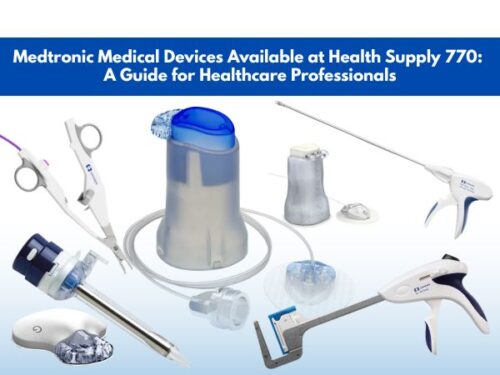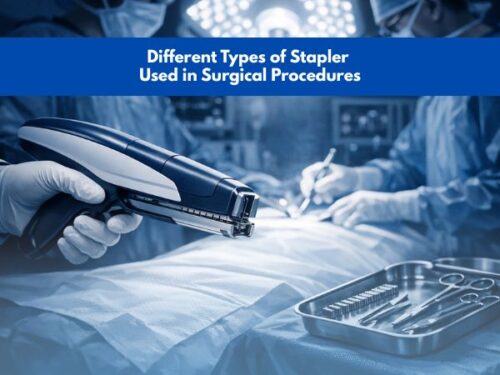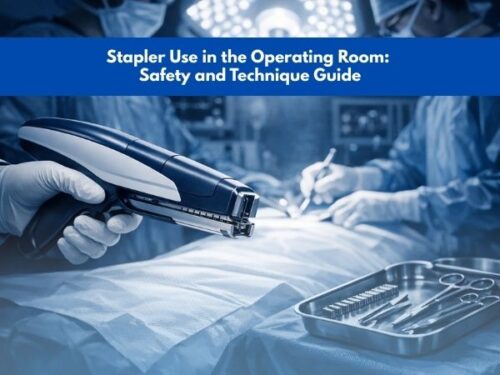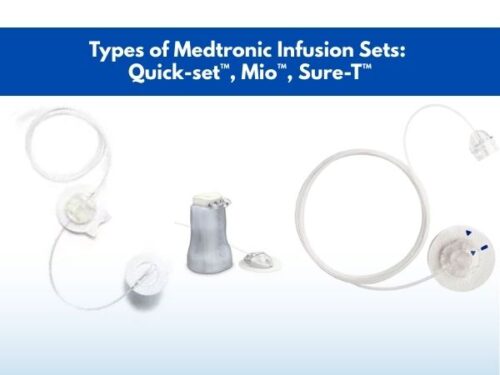What Is Cervical Cancer Screening and Who Should Get One?
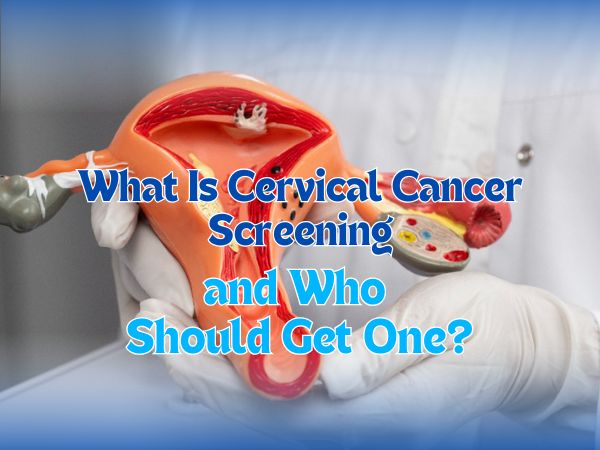
What Is Cervical Cancer Screening
and Who Should Get One?
As per the World Health Organization (WHO), cervical cancer is the 4th most commonly occurring cancer in women. According to the American Cancer Society, every year, almost 13,820 cases of cervical cancer are reported in the US in 2024. Among these women, over 4,000 will die by the end of the year. However, when diagnosed earlier, the survival rate is much higher. Therefore, cervical cancer screening is necessary as it can save many lives. But what is a cervical cancer screening and who should get screened?
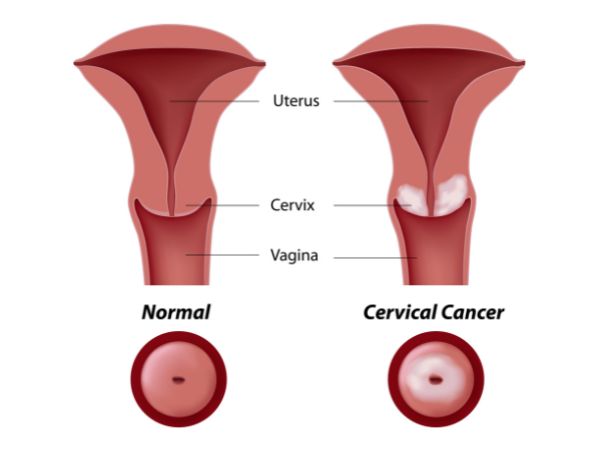
Normal cervical cells vs. cancerous cervical tissue
In this article, let us answer the questions like what is a cervical cancer screening, who are the ideal candidates for it, as well as how it is done.
What is a Cervical Cancer Screening?
If you are wondering what is a cervical cancer screening, here is your answer. Cervical cancer screening is a process of checking the cervix to detect the presence of lesions that can later initiate cancer. Such pre-cancerous lesions or abnormal growths are detected by conducting some tests on the cervical tissue.
Why is Cervical Cancer Screening Important?
To understand the importance of cervical cancer screenings, it is essential to know how the disease develops.
The cervix is an opening of the uterus which is present right above the vagina. The tissue of the cervix consists of both glandular cells as well as squamous cells. The cervix produces mucus which keeps the vagina moist and protects it against infections.
If these cervical cells become abnormal due to HPV infections or any other reason, the likelihood of the development of precancerous mass or even cervical cancer is elevated.
If proper screening of the female reproductive system is done via a pelvic exam as well as HPV and Pap tests, these abnormal cells can be detected earlier sometimes even before they develop cancer. As a result, many lives can be saved. Therefore, while understanding what is a cervical cancer screening, it is also essential to go through its immense importance.
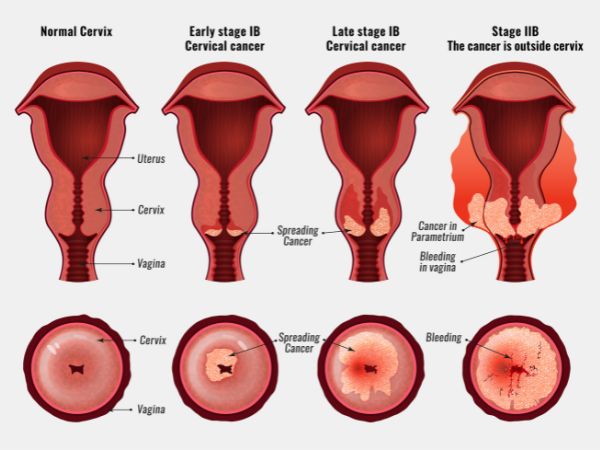
A comparison of normal and abnormal or cancerous cervical tissue
Who Should Be Screened for Cervical Cancer?
Now that you know what is a cervical cancer screening and how it is done, let us jump towards who needs to be screened for the disease. In this regard, the following section highlights the ideal candidates for examination based on the cervical cancer screening recommendations:
You should get screened for cervical cancer if:
- You are a woman or a person with a cervix
- You are aged between 25 to 74 years
- You are currently sexually active
- You have been sexually active in the past
Along with understanding what is a cervical cancer screening, it is essential to know that you should still get a cervical cancer screening even if:
- You are pregnant (make sure to discuss this with your doctor)
- You have just given birth
- You have had a single sexual partner
- You are at the post-menopausal stage
- You are not sexually active anymore
- You have received HPV vaccination
- You have been cut or circumcised
- You are lesbian, gay, transgender, bisexual, or straight
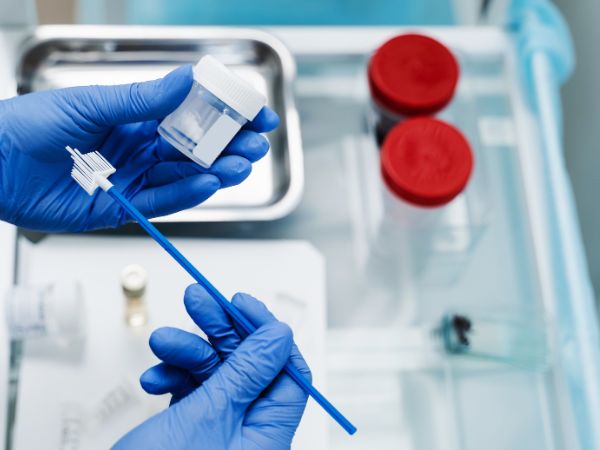
Pap smear or HPV tests are a part of cervical cancer screening guidelines
Cervical Cancer Screening Tests
Once you know what is a cervical cancer screening, the next step is to learn about the type of tests conducted to detect it earlier. At present, there are different types of tests for this purpose:
Human Papillomavirus or HPV Test
As per the cervical cancer screening guidelines, the HPV test is conducted to detect human papillomavirus in the cervical cells. This viral entity is responsible for changing the cervical cells which become a precursor for cancerous mutations. As a result, cervical cancer occurs.
Conducting the Test
To understand what is a cervical cancer screening, it is important to know about the HPV test and the way it is conducted. The presence of this high-risk HPV is checked in a small cellular sample collected from women.
Interpretation of the Results
The results of the tests done to detect cervical cancers can be one of two:
- If the HPV test is negative, it indicates that the HPV is absent in the cervical tissue. At this point, your doctor will ask you to take another test after five years.
- In case of a positive HPV test, its presence is confirmed and the risk of cervical cancer is elevated. However, this does not necessarily mean that you have cervical cancer, it simply indicates that the presence of the viral can lead to the development of tumors in the cervix.
At this stage, your healthcare provider will guide you about the next steps that need to be taken while understanding what is a cervical cancer screening.
Pap Test or Pap Smear
Another test to know about while understanding what is a cervical cancer screening is the Pap smear or Papanicolaou test which is sensitive to precancerous masses in the cervix. The test also detects the alterations in the cervical tissue which might develop into cancer in the future.
Apart from cancers, Pap tests can also look for infections or inflammation in the cervix. This test does not take much time to conduct as the samples can be collected within a few minutes.
Conducting the Test
To conduct the Pap test while learning what is a cervical cancer screening, you will have to visit a healthcare facility. Your doctor will employ a plastic or metal-based instrument called a speculum. This instrument is inserted into the vagina to examine both vaginal and cervical tissue. Some cellular and mucus samples are also collected.
Interpretation of the Results
In the case of a Pap test, the results can be either normal, abnormal, as well as unclear. In this regard, the following should be kept in mind:
- If you get a negative or normal Pap result, it indicates that the cervical cells are intact and there is no risk of cervical cancer at present. However, your doctor will need you to take another Pap test in the next three years. If you have taken an HPV test as well which is also negative, you will need to take more tests after five years.
- If your Pap test results are unclear, your doctor might name these as inconclusive or equivocal as well as ACS-US. All of these mean that your cervical cells do not look fully normal but the abnormality might be due to cancer or any other situation such as an infection, pregnancy, or menopause. In this scenario, the best thing to do is to take an HPV test for confirmation which your doctor would recommend you to take.
- If your Pap test shows a positive or abnormal result, the changes in your cervical cells are evident. This may or may not mean the presence of cervical cancer as these change scans occur due to the presence of HPV. Moreover, while understanding what is a cervical cancer screening, it is essential to remember that the changes can either be minor or low-grade which can then progress to develop a tumor or can heal themselves and become normal. In case of high-grade or serious changes, their removal becomes necessary as they are classified as precancerous lesions.
- In some cases, your Pap test results can be unsatisfactory. It indicates that the sample you have given has clumped cells so their shape and state could not be visualized properly. In such situations, you need to take the Pap test again.
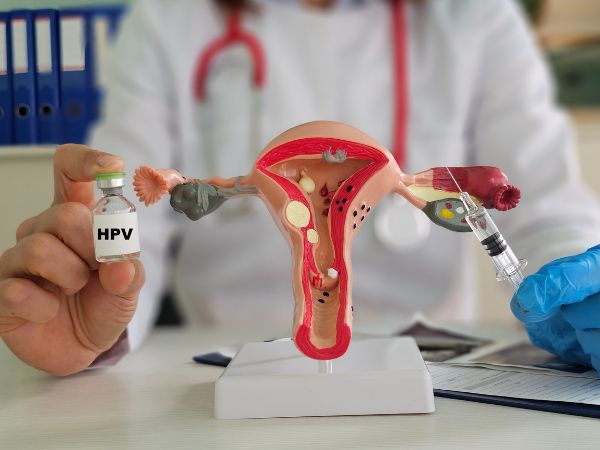
Getting an HPV vaccine reduces your risk of cervical cancer by up to 80%
Age-Related Cervical Cancer Screening
To understand what is a cervical cancer screening, it should be kept in mind that the screening for cervical cancer also depends upon your age. If you are below the age of 21, the screening is not as necessary as it is for the elderly. The following section elaborates on why this is so:
Below the Age of 21
Below the age of 21, taking tests for cervical screening is not necessary. This is because the risk of cancer is not significant in the younger population. However, in case of the appearance of symptoms related to cervical cancer, it is best to consult a healthcare professional.
Between 21 to 29 Years of Age
If you are between the ages of 21 to 29, it is recommended to take a Pap smear. In case of a normal result, your doctor may ask you to take another test after three years.
Between 30 to 65 Years of Age
While learning what is a cervical cancer screening, it is essential to know that if you are aged between 30 to 65, you should talk to your doctor to make a cervical screening plan for the next few years. When you take the HPV and Pap tests, the following follow-up testing durations should be kept in mind based on the guidelines issued by the Centers for Disease Control and Prevention (CDC):
· Pap Test
If your Pap test result is normal, your doctor may ask you to take another Pap test after three years.
· HPV Test
In case of a negative HPV test, you can wait for the next five years before taking another HPV test.
· HPV plus Pap Test
If you have taken both HPV and Pap tests, the process will be called co-testing. In this case, if both the tests are normal and negative, you need to retake the tests after a period of five years.
Above the Age of 65 Years
While understanding what is a cervical cancer screening, it should be kept in mind that as your age advances, the risk of cervical cancer lowers. Therefore, frequent screening is not required. At this stage, the following guidelines should be followed:
- If you have had at least two HPV tests or three Pap tests in the last 10 years with all negative and normal results, there is no need to get screened anymore.
- In case of a hysterectomy or the complete removal of the uterus due to conditions other than cervical cancer, testing becomes unnecessary.
- However, if you have had cervical cancer in the past i.e. before the age of 65, consult with your doctor for a screening schedule.

Proper consultation is required to reduce your risk of cervical cancer
Liquid-Based Cytology (LBC) Test vs Pap Test: What is the Difference?
To understand what is a cervical cancer screening, it is also important to learn about the LBC. Liquid-based cytology test is an improved version of the Pap smear technique. It differs from the Pap test in terms of the way the sample is handled. In the case of a Pap smear, a cervical sample is collected with the help of a brush or plastic/metal device and then smeared on a glass slide.
However, in the LBC test, the collected sample is placed into a liquid preservative vial. Moreover, the biggest advantage an LBC test offers over a Pap test is its higher sensitivity towards abnormal cervical cells. Overall, the method is considered as good as the Pap test and is gaining popularity within cervical cancer screening facilities.
Caution
While understanding what is a cervical cancer screening, if you realize that you belong to the high-risk group or you are experiencing the following symptoms, it is advised to contact your healthcare provider immediately:
- Having an abnormal and persistent vaginal discharge
- Abnormal cervical bleeding
- Pain during intercourse
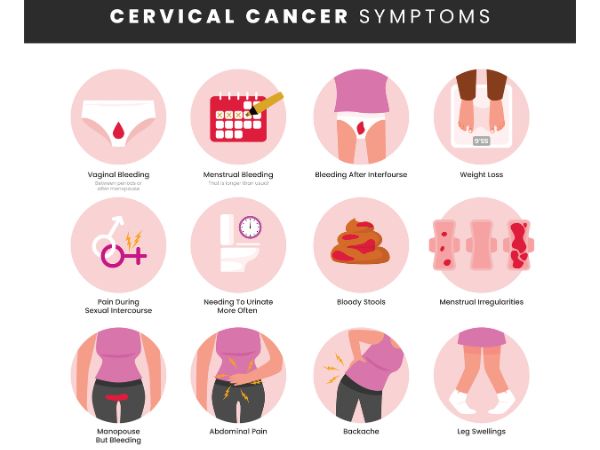
Symptoms of cervical cancer
All different kinds of medical products, along with many other medical supplies, can be ordered from Health Supply 770, a reliable name when it comes to medical products. They have a 30-day money-back guarantee and provide your products to you in the shortest possible time. Click the link given in the article to check out the wide range of instruments and devices for the diagnosis and management of cervical cancer.
Bottom Line
Cervical cancer is one of the most commonly occurring cancers in people with cervix. As it takes so many lives every year, our best defense is early detection. If you are wondering what is a cervical cancer screening and how is it done, the above article explains all the tests as well as the result interpretation.
By getting screened regularly at the recommended time, it becomes possible to check if you are anywhere near to developing cervical cancer. After all, taking preventive measures as well as getting screened for earlier detection of a disease is far better than getting extensive treatments and surgeries in the future.
For purchasing top-quality medical products, reliable vendors like Health Supply 770 should be approached. They ensure the provision of quality products along with satisfactory services.
References
